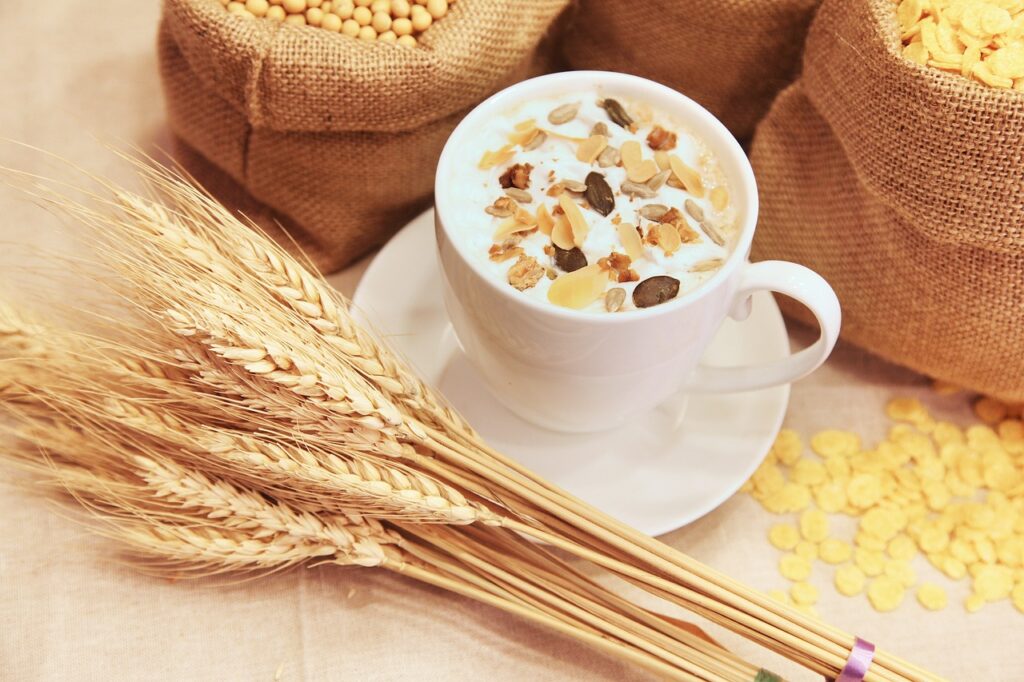What Even Is Felmusgano?
Felmusgano isn’t a household name—yet. It’s either a newly coined brand or a food product that’s niche enough to escape mainstream recognition. From context where the question “does felmusgano contain milk” comes up, it’s likely a consumable—possibly in the supplements arena, natural snacks, or processed goods.
The trend toward plantbased everything has people paying close attention to the dairy content of foods that seem vegan or dairyfree but might not be. Felmusgano could fall into that gray zone, where the ingredients don’t scream “milk,” but trace elements or complex derivatives might sneak it in.
Decoding the Name
Felmusgano doesn’t hint at its contents through its name. Unlike “whey protein” or “cheddar crisps,” there’s no etymological advice here. This makes it harder for a consumer to judge whether it may contain dairy or not. When that happens, best practice is this: look at the label and dig a little deeper.
Companies often list common allergens, but with vague product names, it’s impossible to know at a glance. So when asking, does felmusgano contain milk, the answer won’t come from semantics. You’ll need real ingredient data or a manufacturer statement.
Ingredient Sleuthing: What To Look For
Even if a product doesn’t list “milk” plainly, it might still include milkbased ingredients. When scanning a label, keep your eyes open for:
Whey Casein or caseinate Lactose Buttermilk powder Milk solids Curds Ghee
Any of these point to dairy. And if you see “natural flavors” or “creamflavored,” it’s worth checking further. The catch is that even with careful reading, not everything is labeled clearly—hence the internet searches asking does felmusgano contain milk.
Manufacturer Contact: Your Best Bet
When in doubt, ask the source. Most reputable brands offer channels for consumer questions via email or phone. Some even have live chat on their websites. If felmusgano isn’t up front about whether it contains milk, reach out directly and ask for specifics.
If you don’t get a straight answer, that’s a red flag, especially for those with milk allergies or strict dietary restrictions. Brands that respect dietary needs tend to anticipate these questions and provide clean answers.
DairyFree vs. Vegan Considerations
Another wrinkle here: dairyfree and vegan aren’t the same. A product might be marked “dairyfree” but still contain animal derivatives, like gelatin or honey. Similarly, something can be vegan but made in a facility that processes milk.
If you’re just lactose intolerant, a trace amount of milk protein might not bother you. But if you’ve got a dairy allergy, that’s a whole different risk level, and finding out does felmusgano contain milk becomes more than curiosity—it’s a safety check.
Look for Certifications
Until felmusgano clarifies its status, see if it’s got any seals or labels:
Certified Vegan DairyFree Certified Kosher Pareve (often means no dairy) AllergenFree Labels
These graphics can save you a lot of guesswork. Of course, they’re only as trustworthy as the organization behind the cert, but in general, they’re reliable indicators.
Bottom Line
If something tastes creamy or calls itself “cheesy,” don’t assume it’s dairyfree. Unless it says otherwise, the burden’s on the buyer. The phrase does felmusgano contain milk shows how many people aren’t getting quick answers—but that doesn’t mean the info’s impossible to find.
Read ingredients. Look for certifications. Contact the maker. And when all else fails, find an alternative that’s transparent about what’s inside. In today’s food landscape, honesty is more than a bonus—it’s a necessity.


 Rutherick Friedmander is a passionate sports author providing in-depth analysis, match insights, and engaging coverage across major sports and competitive events.
Rutherick Friedmander is a passionate sports author providing in-depth analysis, match insights, and engaging coverage across major sports and competitive events.

